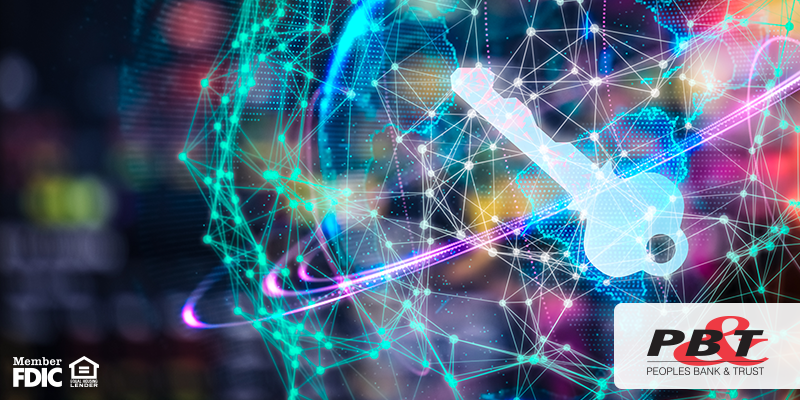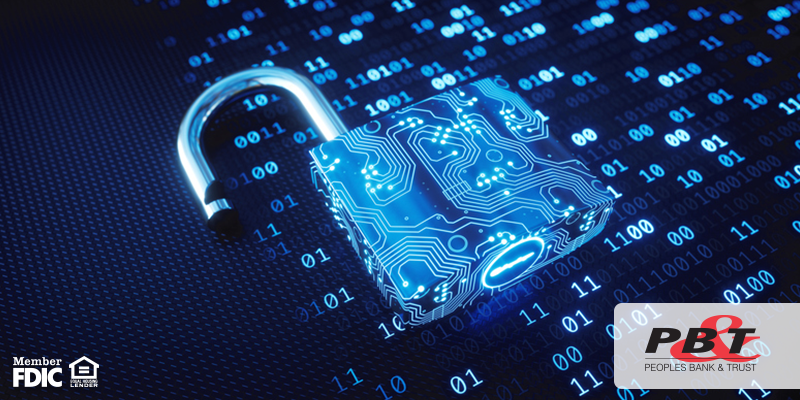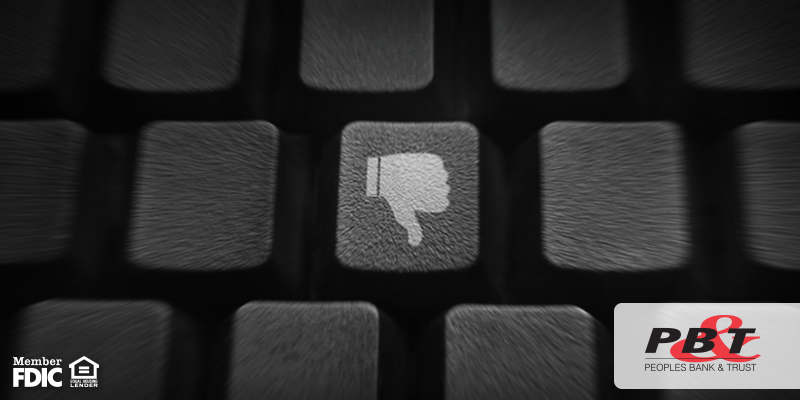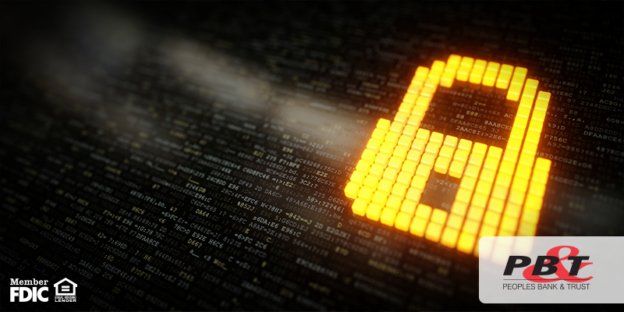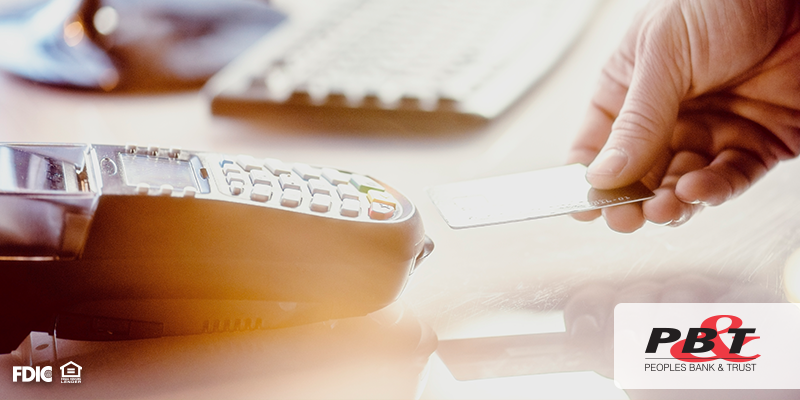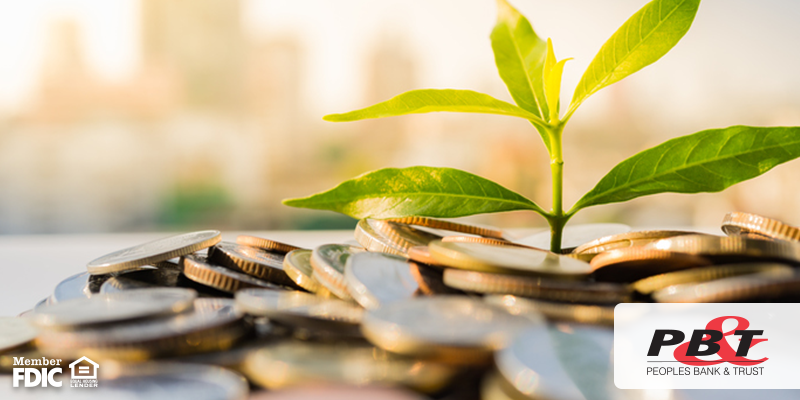
An IRA is an individual retirement account that is used as a tool for people to earn and earmark funds for retirement savings. Retirement may seem far away, but the earlier you start the save, the better off you’ll be! These accounts can hold more money than any other type of retirement account. You have flexibility when choosing investments and minimizing taxes, which means an IRA can play a huge role in how prepared you are for retirement. With that said, many people don’t fully understand how IRAs work; they can be confusing. As a result, there are many questions that arise when talking about IRAs.
Here are a few:
- What does an IRA earn? – In simple terms an IRA is just a trust that is established with certain tax rules. More specifically, it’s a security blanket for your money. At Peoples Bank & Trust, CD accounts can be IRAs.
- Who can open an IRA? – Anyone under the age of 70 who earns a taxable income can contribute to a traditional IRA. Roth IRAs, however, have additional income restrictions.
- How do I open an IRA? – You can choose where to open an IRA, if you don’t already have an employer-sponsored retirement plan. Often you can go to banks, credit unions, brokerage firms and mutual fund companies. It never hurts to do more research and ask questions!
- Am I able to contribute to someone else’s IRA? – Yes, but only if it is your spouse and if you file a joint tax return.
IRAs can be a tricky subject, but hopefully with the answers to these frequently asked questions we were able to help you with some beginner’s knowledge. If you have more questions or are wanting to set up an IRA, Peoples Bank & Trust would be happy to help. Contacts us today!
Peoples Bank & Trust Co.
Member FDIC
Equal Housing Lender


